 This coming weekend, on February 8 and 9, Brooklyn Law School’s Brooklyn Law Incubator & Policy (“BLIP”) Clinic along with other groups, is organizing a Data Privacy Legal Hackathon. The event will take place in three locations: Dumbo (Brooklyn), London, and San Francisco. Participants will compete in a weekend-long hackathon to create tools that solve common legal problems in the field of data privacy.
This coming weekend, on February 8 and 9, Brooklyn Law School’s Brooklyn Law Incubator & Policy (“BLIP”) Clinic along with other groups, is organizing a Data Privacy Legal Hackathon. The event will take place in three locations: Dumbo (Brooklyn), London, and San Francisco. Participants will compete in a weekend-long hackathon to create tools that solve common legal problems in the field of data privacy.
A current list of the projects as they develop is available on the Hacker League Project Page.
Speakers and judges include:
New York: BLS Professor of Law Susan Herman and BLIP Founder Professor Jonathan Askin as well as several BLS alumni, Hon. Ann Aiken (District of OR), David Wainberg (AppNexus), Wilfried De Wever (HiiL), Doc Searls (VRM Harvard Berkman Center), K. Krasnow Waterman (MIT), Amyt Eckstein (Moses & Singer), Jason Tenenbaum (Rashbaum Associates), Dona Fraser (ESRB), Solon Barocas (Doctoral Candidate, NYU), Sol Irvine (Yuson & Irvine), Heather Federman (Online Trust Alliance)
London: Dr. Ian Brown (Oxford Internet Institute), Dr. Ian Walden (Queen Mary University), John Cummings (Innovation Partners), Stefan Magdalinski (Mydex)
San Francisco: K. Krasnow Waterman (MIT), Brian Behlendorf (Mozilla Board), Michelle Dennedy, author of The Privacy Engineer’s Manifesto” (McAfee), John Buckman (EFF) There is still space left at all the locations for participants who want to volunteer. Sign up at the hacker league website to add your skills and join a project.
For more details on the event, see the post Data + Law = Data Privacy Legal Hackathon at the site Brooklyn Tech Triangle.

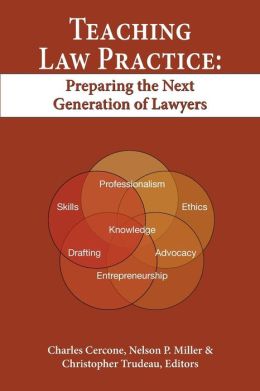 The first of these,
The first of these, 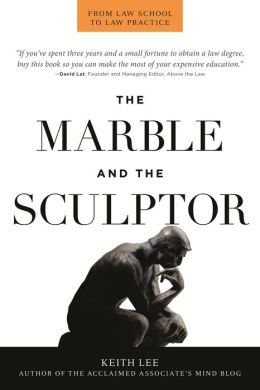 The second book,
The second book, 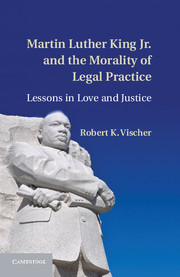
 Brooklyn Law School students, faculty and staff can access the
Brooklyn Law School students, faculty and staff can access the 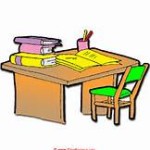
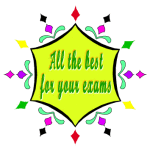
 One title of practical interest to law students is
One title of practical interest to law students is 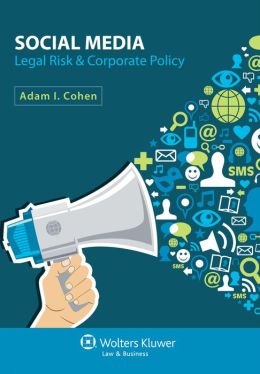 High school students are not the only ones who need to exercise discretion when using social media. Touro Law School Assistant Professor of Law Jonathan Ezor’s PowerPoint presentation
High school students are not the only ones who need to exercise discretion when using social media. Touro Law School Assistant Professor of Law Jonathan Ezor’s PowerPoint presentation 
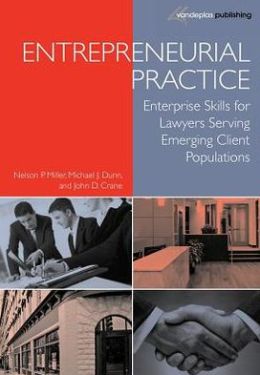 The BLS Library has in its collection
The BLS Library has in its collection